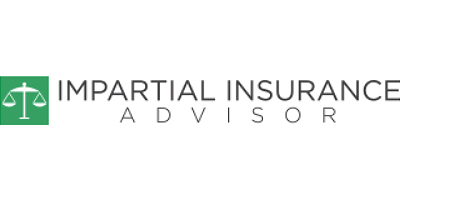America, the Colossal Example
We’ve talked about how we are creatures of fear, how fear can move us to idols, and how idols levy a heavy toll. Insurance can become an idol. Because this is rooted in the human heart, you see it played out at different levels. Let’s look at a macro and micro-level example.
You hear a lot about the debt, but one of America’s greatest economic challenges is insurance: Social Security, Medicare, and now national health care. Each has enormous overhead. Consider our move to national health care. Already private health insurance has been the greatest facilitator of inflated health care costs, encouraging provider greed and consumer abuse. Now we want to take it to a new level, with incomprehensible overhead to boot. (Can you define “insanity”?)
What would address the real problem at its roots is moving oppositely: rather than bolstering insurance, unraveling insurance.
Simultaneous with this harmful expansion, we are borrowing trillions we cannot repay. So we have two mega forces working against us. Massive insurance plans whittling down every dollar that goes through them by the overhead inherent in any type of insurance; along with interest that makes every dollar cost two.
Now consider the same dynamic on a micro level. For about ten years I worked with a school system on its group benefits. Frequently I would see teachers paying $30-40/month for Short Term Disability insurance, with another significant amount going to credit card interest. This was two slow bleeds each month: premiums and interest.
Because they spent on premiums money that should go to emergency fund, when an unexpected event occurred (new tires or washing machine) it had to go on the card (meaning even more interest). Then because they had this credit payment they were afraid to drop the insurance. (Fearing if sick they couldn’t make payments). One fueled the other.
Why this dual damaging dynamic? Many bought the insurance because of how it was promoted: “What would you do without a paycheck?” However once reminded of Sick Days, the ability to borrow from a retirement account, and the likely poor return on the insurance, they had a different attitude. Many dropped the insurance and redirected premiums to credit cards. Carefully thinking about how they were insured already allowed them to jettison extraneous insurance, pay down debts, and build emergency funds, which allowed them to stay debt free.
Uncle Sam should do the same.
There is a corollary lesson here. The source of advice on how to best use insurance made a big difference for these teachers. The purpose of Impartial Insurance Advisor is to offer an alternative source of high quality, experienced advice from someone not under the influence (of commissions).

Leave a Reply
Want to join the discussion?Feel free to contribute!